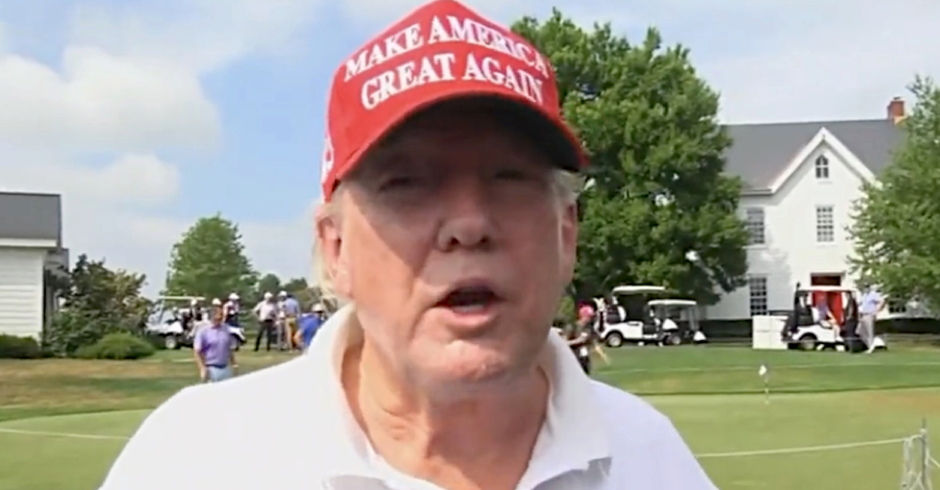[ad_1]
A federal judge on Monday denied former top Trump White House advisor and conspiracy theorist Peter Navarro‘s claims in his contempt of Congress case, highlighting several including his claim of selective prosecution and “unlawful political interference.”
Navarro was arrested in June for failing to comply “in any way” with a subpoena issued by the U.S. House Select Committee on the January 6 Attack and indicted by a grand jury on two contempt charges.
The Court ruled Navarro “has not made a ‘colorable claim,’” meaning, valid, “as to either element of the selection prosecution defense.” At one point the judge calls Navarro’s claims “speculative.”
READ MORE: DOJ Sues Peter Navarro Over Alleged Private Emails – Legal Experts Warn the ‘Analysis Is Persuasive’
Navarro was performatively outraged after his arrest, claiming that he was strip-searched, put in leg irons and solitary confinement, refused a call to his attorney, and not given any food or water for hours. The DOJ previously addressed at least some of his claims, saying, he made “numerous false statements,” and the “Defendant’s claims are false.”
NAVARRO says the manner of his arrest (for defying a congressional subpoena) is “terrorism” and akin to “Stalinist Russia.”
— Kyle Cheney (@kyledcheney) June 3, 2022
The judge also seemed unimpressed with his claims.
“Defendant contends that his prosecution is unprecedented,” Judge Amit Mehta wrote. “For more than five decades, he says, the United States Department of Justice (the “Department”) has declined to prosecute close aides to the President for contempt of Congress. According to him, the Department has taken the position that even former senior aides to a former President are ‘immune’ from congressional process. He argues that such immunity exists to protect and preserve privileged communications between the President and senior advisors, and that prosecutions would ‘chill’ such communications and place a heavy burden on carrying out executive functions.”
The judge also notes that Navarro claims Donald Trump has claimed executive privilege in his case, but writes that Navarro “received no written or oral direction from the former President to invoke any privileges or immunities with respect to the Select Committee subpoena.”
READ MORE: ‘Claims Are False’: DOJ Tells Judge Peter Navarro Is Lying to the Public
While not ruling on the claims made by former Trump White House Chief of Staff Mark Meadows and former Trump White House Deputy Chief of Staff Dan Scavino, the judge ruled that the “fact that [Navarro] received no specific instruction to invoke executive privilege, while Meadows and Scavino did, is a material difference and a legitimate prosecutorial factor that distinguishes Defendant from those men. Such factual distinctions matter.”
Deflating Navarro’s complaint that he should not have been arrested publicly at an airport, the judge writes, the “court acknowledges that there are times where the government permits non-violent misdemeanants to self-surrender after being charged. But the government has provided at least a plausible explanation for why it took a different course here.”
The judge continues, citing DOJ claim that “when case agents attempted to interview and serve Defendant with a subpoena, he initially refused to open the door and later told the agents to ‘get the f*** out of here.’”
[ad_2]




